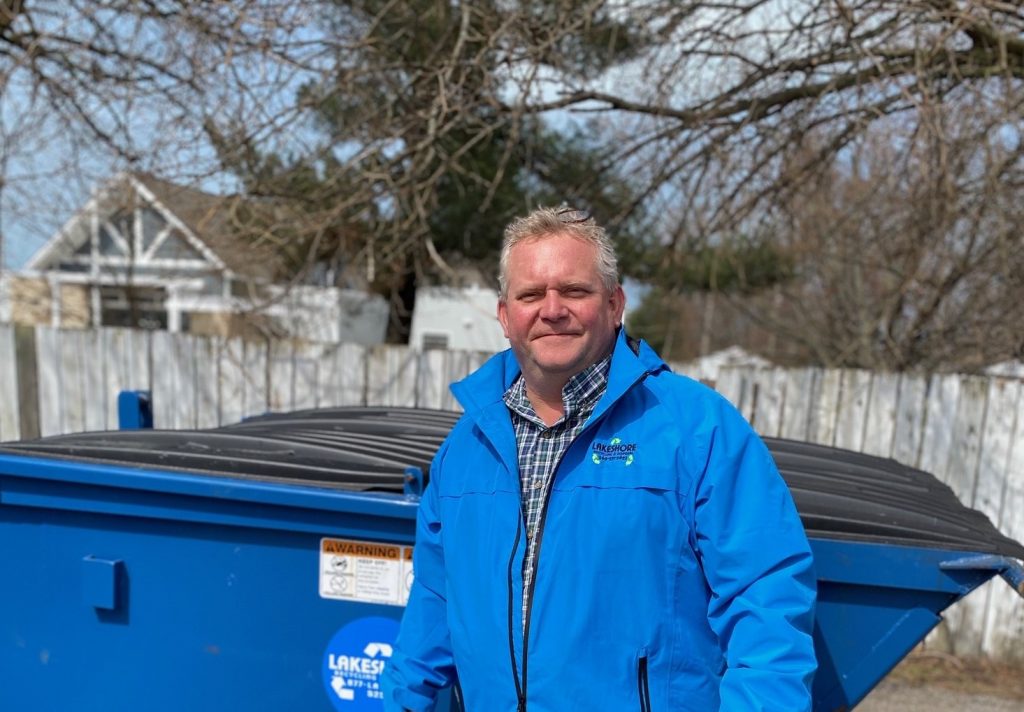Perhaps the most enduring lesson of the COVID-19 crisis will be just how reliant society is on a handful of essential services. As entire countries go into lockdown, with strict rules on individual movement, we have quickly come to the realization that we are utterly dependent on our healthcare professionals and pharmaceutical workers, security services and police, food producers and distributors, and shelf stockers, food delivery and restaurant workers among many others. If we failed to recognize their contribution until now, then this unprecedented situation offers an important reminder.
The list doesn’t end there, however, and there remain plenty of critical services that largely operate under the radar. Waste management workers are the perfect example, keeping our streets clean, often late at night or early in the morning. Without them, any crisis would be exacerbated by uncollected and unprocessed waste filling the streets. Furthermore, in the case of a pandemic, failure to remove waste may give rise to unknown risks.
As part of the waste management industry, RTS is committed to ensuring that services remain uninterrupted and operating as close to normal as possible. For those on the ground—the trash collectors, drivers, waste sorters, facility operators and technicians—we want to help spread the word about the importance of work you do now, and always. To help us do that, here, we speak to one of our partners and owner of LakeShore Recycling & Disposal, David Workman.
Dealing with the virus
Naturally, the first concern for any essential service worker is protection from the virus itself. While trash collection is, generally speaking, not a customer-facing operation, contact with members of the public is common, and ensuring that both workers and others are protected is a key concern. Personal protective equipment (PPE), maintaining sanitary conditions, and sticking to government guidelines are vital, however, ensuring workers are mentally prepared for these difficult times is also important, and working together as a team is critical to the industry’s continued operation.
David, what measures have you put into effect to protect those workers most likely to engage with members of the public?
“We are doing all that we can to continue to protect our drivers who have the very important job of continuing to pick-up refuse at both residential and commercial locations in our neighborhoods. Each driver has been asked to practice social distancing to not only protect themselves but also their families. We have equipped each of our drivers with gloves and sanitizer and are doing all that we can to keep our team healthy and strong. This is a crazy time but we know we will all get through it together!”
Keeping a vital industry moving
The importance of the continued operation of the waste management industry cannot be overstated. Each day, the average American produces around 4.5 pounds of waste material, and while we are now beginning to explore circular economy alternatives to our “take, make, consume” culture, the situation as it stands today means that all that waste must go somewhere.
David, how are your frontline workers helping to keep the industry working?
“Drivers, like most other Americans, are facing the challenges that come along with practicing social distancing. As they face the reality of this “new normal” they are continuing to use best practices to protect themselves, co-workers, and others from unintentionally spreading the virus. Although things are certainly different, refuse generation will not be going away. Our drivers know that they play an important role during this unprecedented time in our world.”
Are there any issues with facilities closing or reducing capacity?
“In our area, the local landfill has closed on Saturdays but everything else has remained the same. This will not affect our business in any way. Additionally, we are committed to ensuring collections are made on time and that materials are delivered to the correct facilities for processing.”
Adapting to the new normal
This concept of a “new normal” is a direct response to the fact that this particular crisis is likely to continue for a while. As more and more countries go into ‘shelter in place’, increasing numbers of individuals and families are being asked to remain home for an indefinite amount of time.
Naturally, this impacts the waste management industry quite significantly, and as consumption habits change, so too does waste generation.
David, what kind of impact is guidance such as “Shelter in Place” having on waste generation?
“Overall households are producing greater volumes of waste due to the number of individuals not leaving their homes for work/social activities/meals. From what we can tell, things seem to be pretty much the same as far as contamination levels in recycling go, however, as increasing amounts of single-use, multi-material packaging begins to proliferate, this may change.”
Whether you’re working from home or your business is still operating in some capacity, adapting to these difficult times is a challenge. You can help the waste management industry maintain efficient operations simply by reducing waste wherever possible. Additionally, the simple act of continuing to clean, sort and properly bag waste correctly can also make a huge difference.
Here at RTS, we want to thank all essential workers and members of the public during these difficult times.

